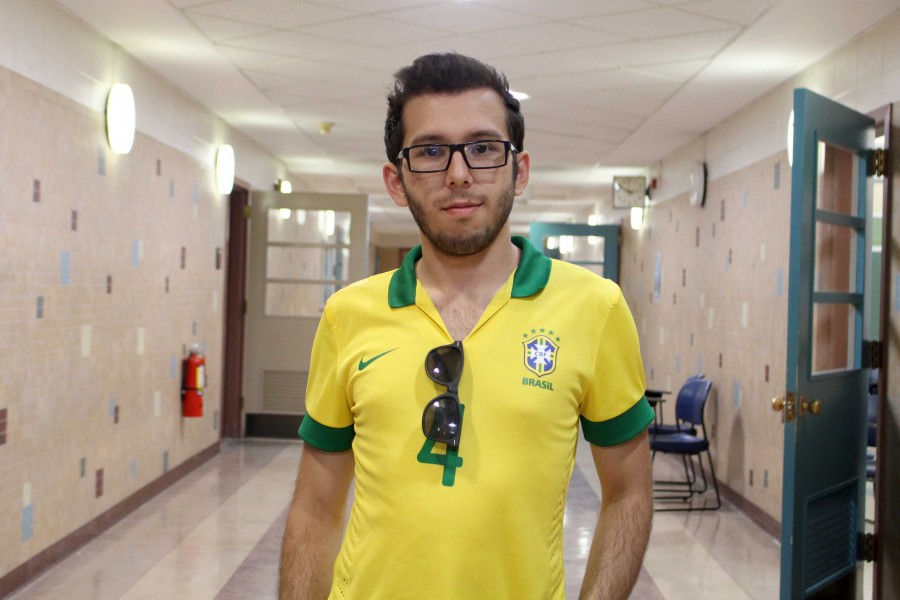Being right next to Mexico, UTEP is no stranger to international students, but these past three years have seen an increase in students from Brazil at the borderland university. This year alone, UTEP is hosting 91 exchange students from the South American country.
“We’ve always had students coming from different universities around the world, but since the spring of 2014, we have had larger numbers of students from Brazil,” said Ana Barbosa, adviser for study abroad at the Office of International Programs.
The students are here as part of an exchange program, Ciencias sem Fronteiras (Science without Borders), that takes science students from Brazil and places them in universities around the world. UTEP, known for its engineering programs, has been selected as the American home for hundreds of students since it joined in 2014.
“The program helps provide international students with a chance to study science and technology in other universities,” Barbosa said.
When still in Brazil, Ciencias sem Fronteiras reaches out for students who would like to study abroad. Once the students apply, typically in the winter, the International Institute of Education selects the students and places them at their appropriate university. In the case of many engineering students, the selection ends up being UTEP.
“Out of the 91, about 83 are part of the College of Engineering,” Barbosa said.
As for their life in the borderland, students have said it has been a fun transition.
“I think the culture and spicy food were the greatest culture shock we’ve had,” said Adriano Mireiles, a senior civil engineering major.
If they do end up facing any problems, the Office of International Programs is there to help them.
“There are always issues that come up, especially with the cultural transition, but we’re here to provide support,” Barbosa said.
Issues that some study abroad students said have not surfaced.
“We haven’t had any problems, El Pasoans are very friendly,” said Carlos Caetano, a junior electrical engineering major.
The students still faced differences between their hometowns and El Paso. One student said that a particularly difficult aspect that took some getting used to was the dry desert heat after spending his life in the lush and humid Brazilian environment. Weather and food, however, are not the only difficulties for the Brazilians studying in El Paso.
“You guys have a lot of homework and we weren’t used to it,” Mireiles said. “We’re closer to the French system, where it’s mainly class work and tests.”
Students who are part of the program stay in El Paso for an entire school year, but they may also end up extending their visit. Barbosa said that some students are offered internships in their field after completing the spring semester and they could end up taking positions in the Sun City for the summer.
“If we decide to get an internship in the summer, we could find something in manufacturing,” said Caetano, acknowledging the borderland’s maquiladora industry and its need for engineers.
Julio Cesar Chavez may be reached at [email protected].






